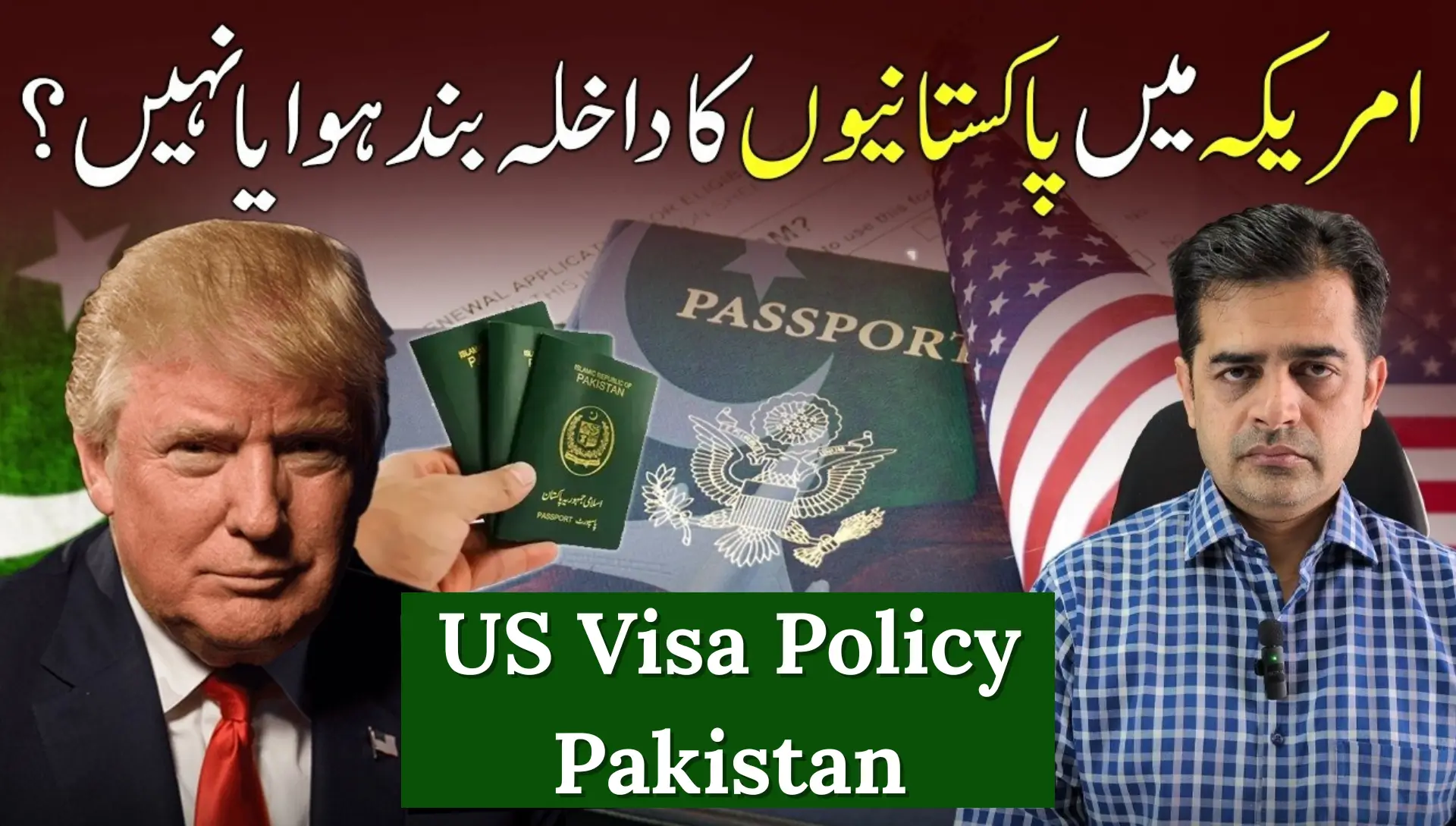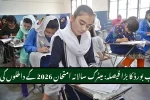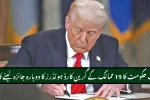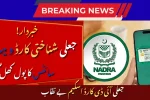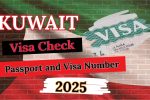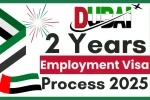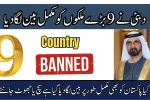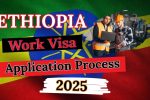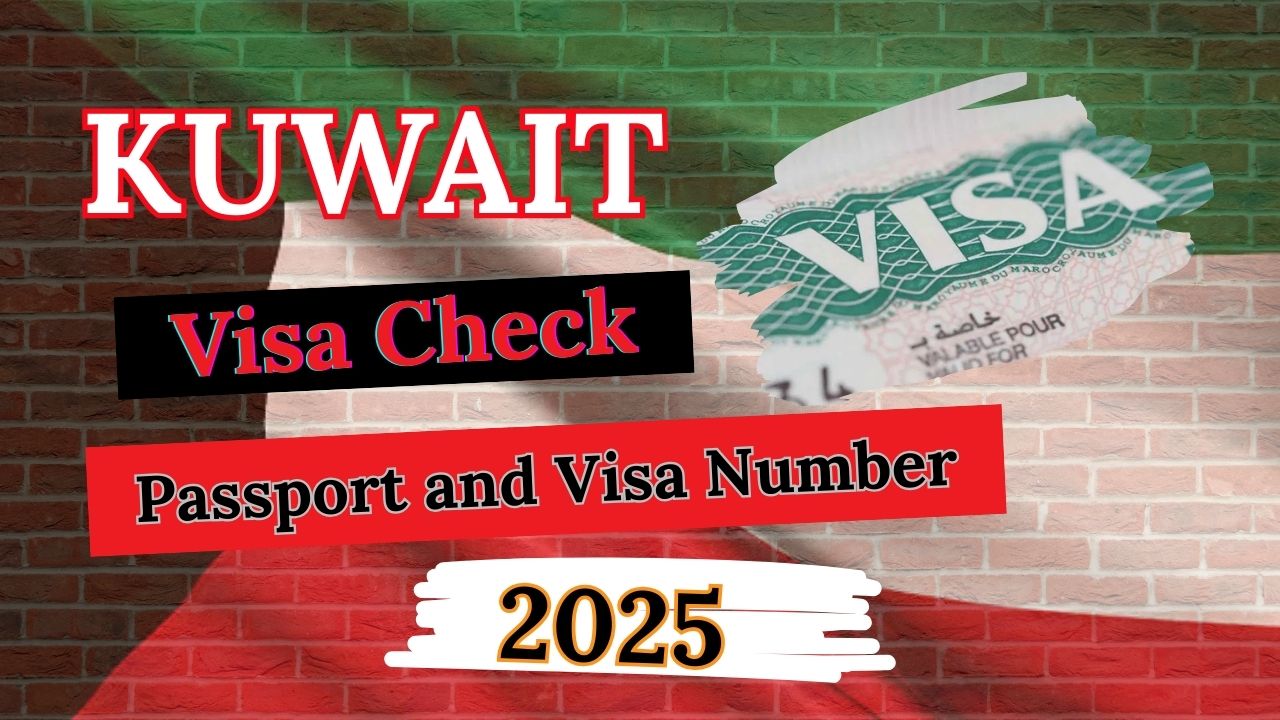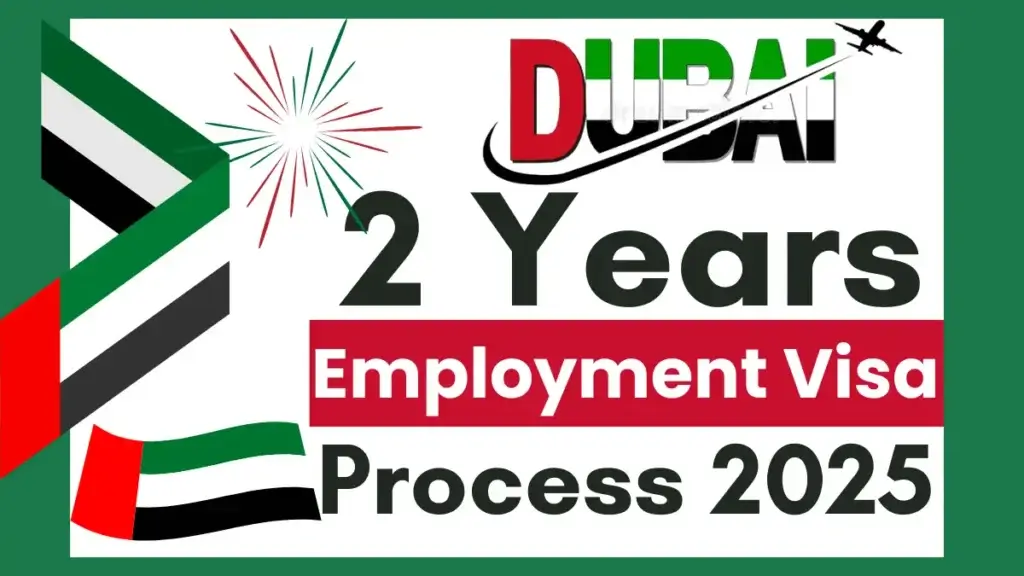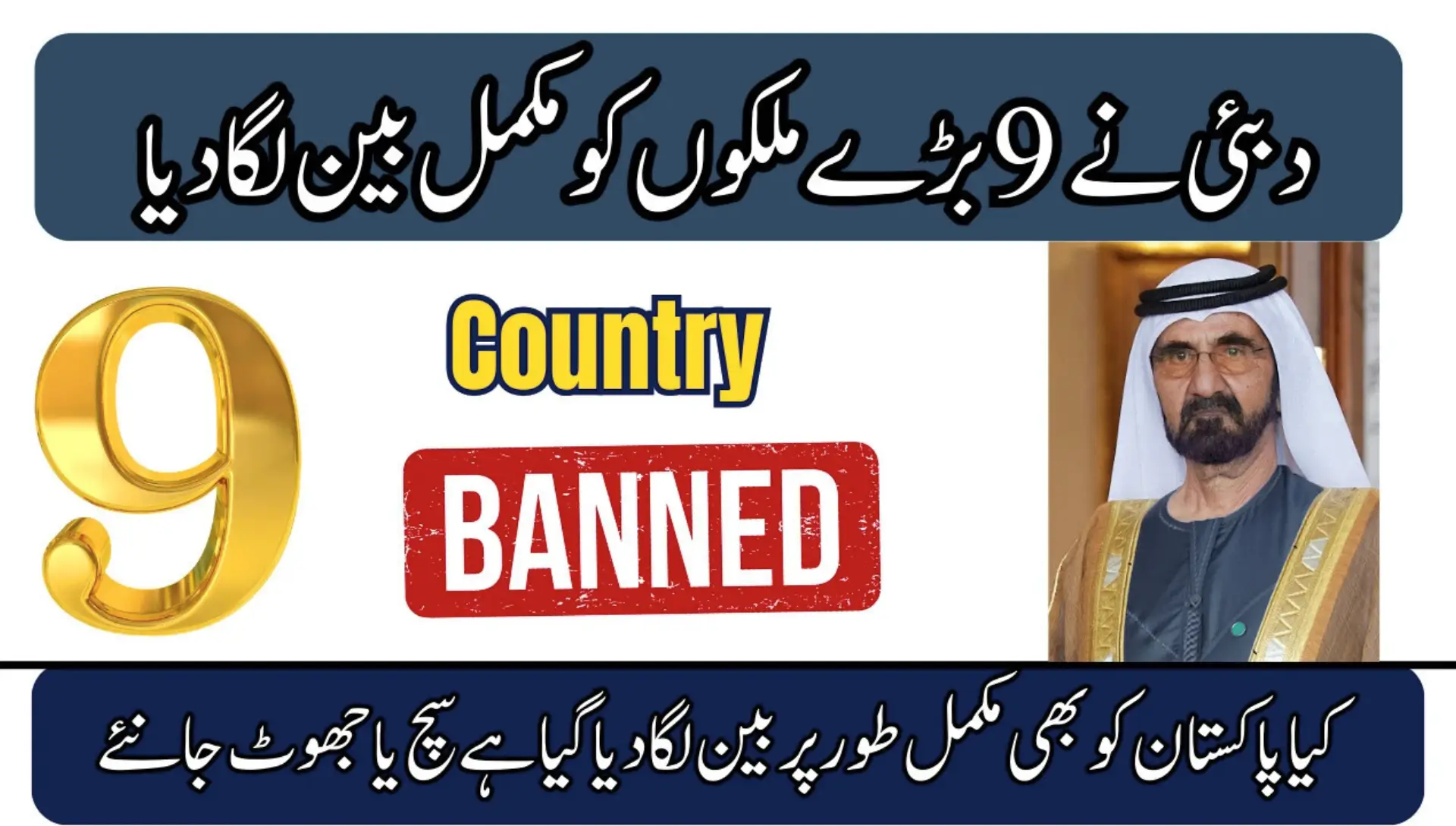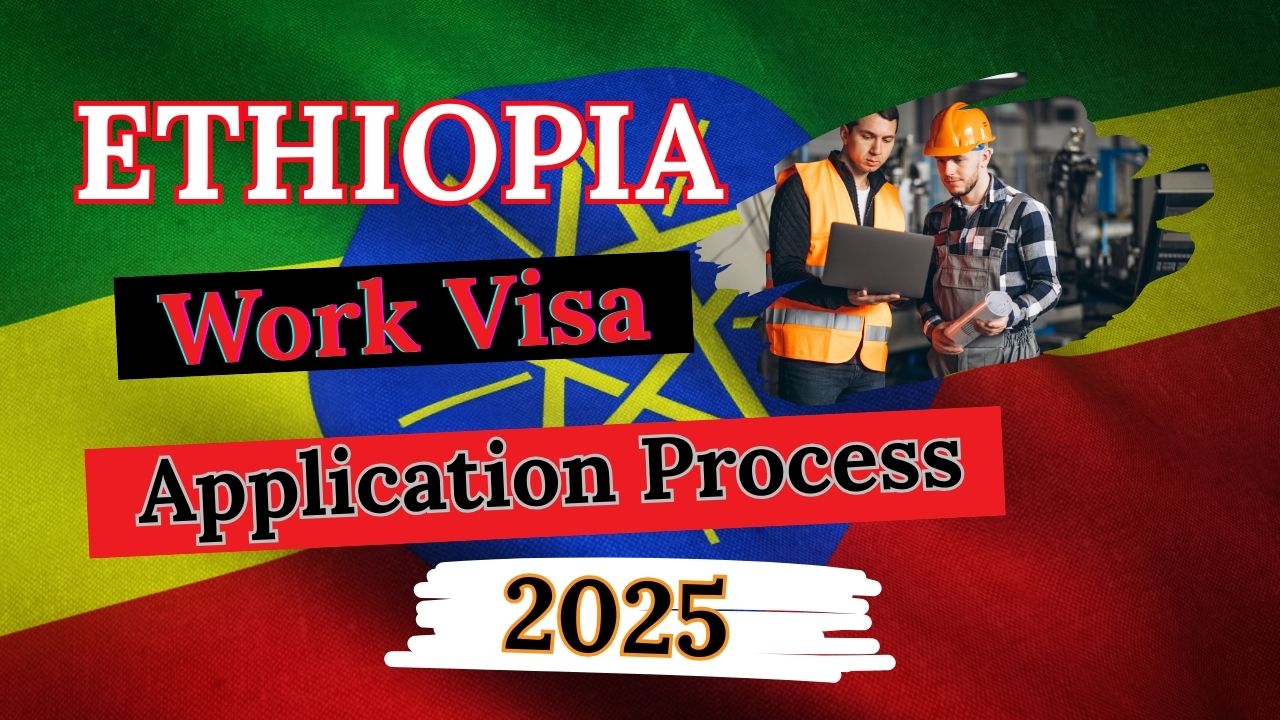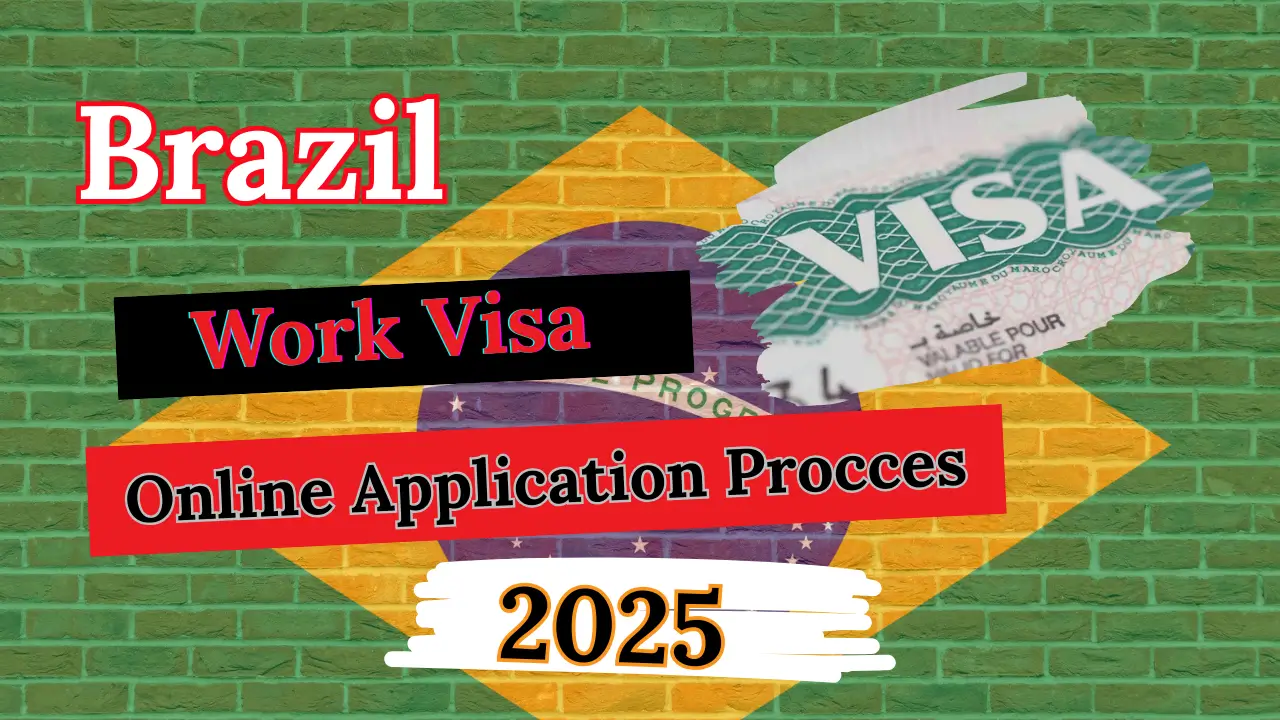US Visa Policy Pakistan 2025: New Rules Explained for Students, Workers & Visitors. If you’re applying for a US visa from Pakistan in 2025, the changed rules matter. The US visa policy Pakistan 2025 now features more digital processing, streamlined eligibility and updated fee and validity norms and knowing these early gives you a clear advantage.
What’s New in the US Visa Policy for Pakistan in 2025
In 2025, the US visa regime affecting Pakistani nationals sees some major shifts — with emphasis on digitisation, priority processing for students and skilled workers, and enhanced vetting. While direct country-specific sources for Pakistan are limited, broader indicators apply and should guide your planning.
Digital Application System – Streamlining the Process
- The U.S. Embassy Islamabad and other US consular posts have moved toward an online-centric system for nonimmigrant visa applications including completing the DS-160, scheduling interviews, and tracking application status.
- The aim: less paper-based steps, fewer physical visits, and real-time email/SMS updates.
- Tip: Ensure your DS-160 barcode and appointment schedule match exactly. Mistakes may lead to rescheduling delays.
Priority for Students & Skilled Workers
- With the global focus on tech, health, engineering and educational mobility, the US is giving more streamlined attention to applicants in these categories. Although not Pakistan-specific, sources indicate broad US visa policy shifts in 2025.
- If you’re applying under the F1 (student) or H-1B (specialised work) visa classifications, you should prepare especially well your chances of “priority handling” are stronger than before.
Interview & Security Screening Updates
- The U.S. Department of State has announced expanded screening and vetting for visa applicants, including through digital databases and social media checks.
- While this doesn’t mean automatic refusal, applicants should ensure clean records, no undisclosed travel history, and accurate documentation.
- A note: In a related global update, the US ended many interview-waiver provisions for renewals starting September 2, 2025.
Updated Visa Fees & Validity Terms
- The standard nonimmigrant visitor visa (B1/B2) fee globally is now set at US $185.
- Reports indicate that US-Pakistan diplomatic ties are stronger, which means more favourable validity (e.g., multiple-entry visas valid up to five years) for applicants with clean travel history though each case depends on individual profile.
- Table: Comparison of major visa categories Visa Type2025 Update HighlightsEstimated Processing Time*Tourist (B1/B2)Digital tracking, extended validity~2–3 weeksStudent (F1)Priority interviews, digital verification~3–4 weeksWork (H1B)Emphasis on IT/Health/Engineering sectors~3–6 weeksFamily/DependentEasier sponsorship proof~4–8 weeks*Processing times are indicative and vary by local consulate workload.
Strengthened Pakistan-US Diplomatic & Mobility Ties
- While the US-Pakistan trade and diplomatic relations have seen improvements, the visa policy gains indirectly smoother cooperation often translates into fewer administrative delays for genuine applicants.
- For Pakistani professionals and students, 2025 could present a “golden window” for US opportunities provided eligibility and documentation are spotless.
Key Steps for Pakistani Applicants – How to Apply Smoothly
- Select the correct visa category – e.g., B1/B2 for visit, F1 for study, H-1B for work.
- Complete the DS-160 form online – ensure all fields are accurate and up-to-date.
- Pay the visa application fee – keep the receipt and reference number safe.
- Schedule the interview via the official portal.
- Prepare and gather all documentation – passport, photographs, bank statements, sponsor letters, prior US travel if any.
- Attend the interview – arrive on time, dress professionally, be honest and clear about your purpose.
- Track status online – use the tracking features if available to follow up on passport delivery.
Documents & Evidence Checklist
- Passport with at least six months validity beyond planned travel.
- DS-160 confirmation page.
- Visa fee receipt.
- Photographs as per US visa specifications.
- Financial evidence – bank statements, sponsor letters, employment letters (for work visa).
- Education credentials (for student visa).
- If previous travel to the US or rejections exist, prepare to explain clearly.
Tips to Improve Visa Success Rate
- Provide genuine and clear documents — any fake or poorly verified records often result in immediate rejection.
- Be confident, honest, articulate at the interview.
- For students: Demonstrate genuine intent to study and return after course completion.
- For workers: Highlight your specialised skills or role in high-demand sectors.
- Address past travel or visa denial issues openly—don’t hide them.
- Consider timing: try to apply well ahead of your study start date or job commences to accommodate possible delays.
FAQs
Q1: Will the digital application system mean no in-person interview ever?
A1: Not necessarily. While many steps are now digital, the consular officer may still require the in-person interview especially for first-time applicants or when additional screening is needed.
Q2: Are Pakistani applicants guaranteed longer-validity multiple-entry visas in 2025?
A2: No guarantee. Validity is determined case-by-case based on travel history, purpose, type of visa and consulate discretion. Clean profiles increase chances.
Q3: Does the new policy mean student visas (F1) are easier now?
A3: The process has been refined and prioritised, but applicants still must meet all requirements (school acceptance, funding, intent to return, etc.). Prior rejections or weak documentation can still affect outcome.
Q4: What extra screening steps should Pakistani applicants expect in 2025?
A4: Enhanced digital vetting and social-media review are increasingly part of the process, as per recent US policy updates. Politico+1
Q5: How soon should I apply if I plan to go to the US in 2025?
A5: As soon as you have all key documents ready. Aim for at least 2-3 months lead time for students/work visas, and potentially earlier if the consulate backlog is heavy.
Conclusion
The US visa policy Pakistan 2025 marks a significant turning point — embracing digital systems, prioritising students and skilled professionals, and tightening documentation and vetting standards. While opportunities for Pakistani applicants look promising, success relies on proper preparation, honest documentation, and understanding the updated rules.

